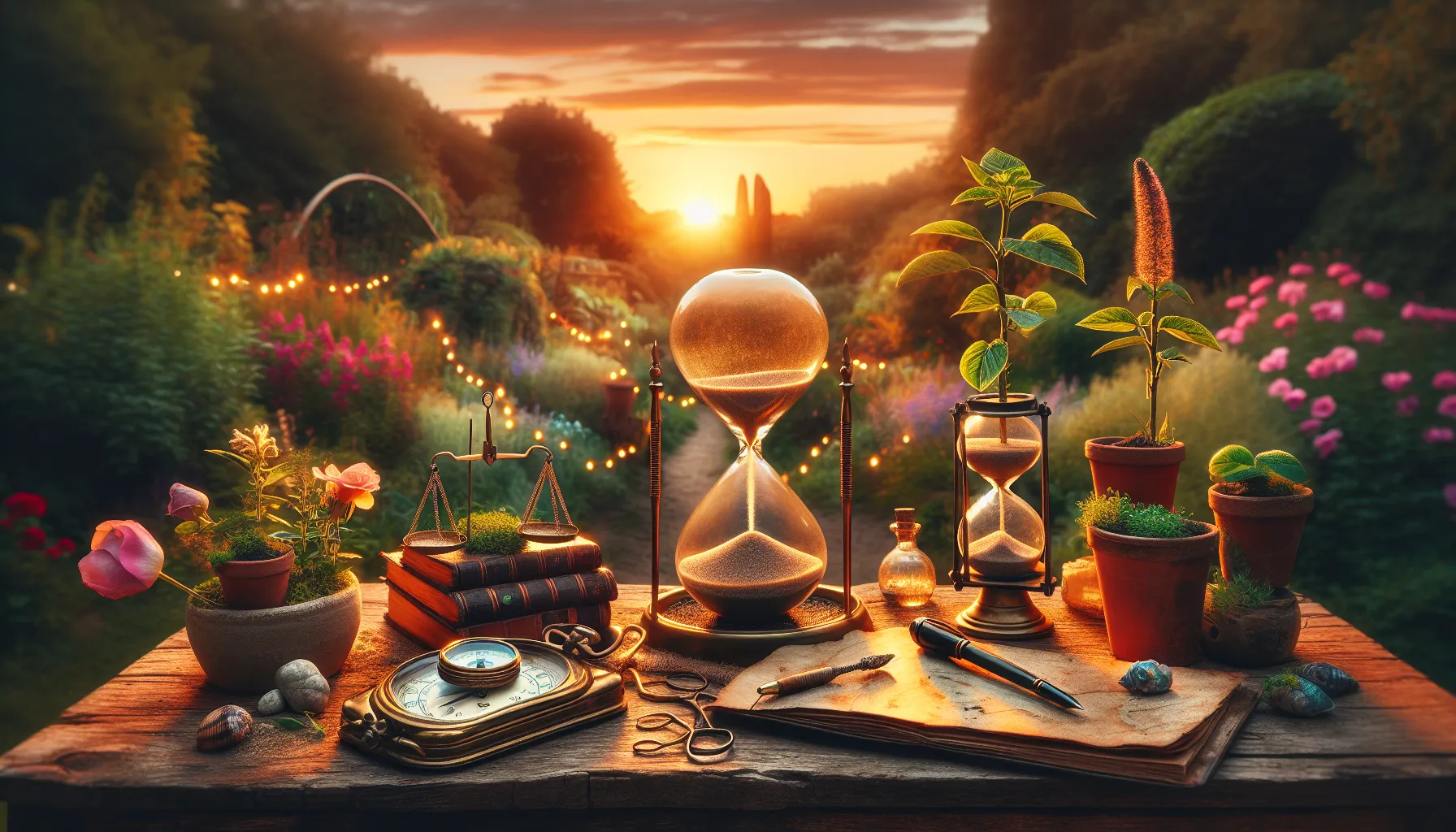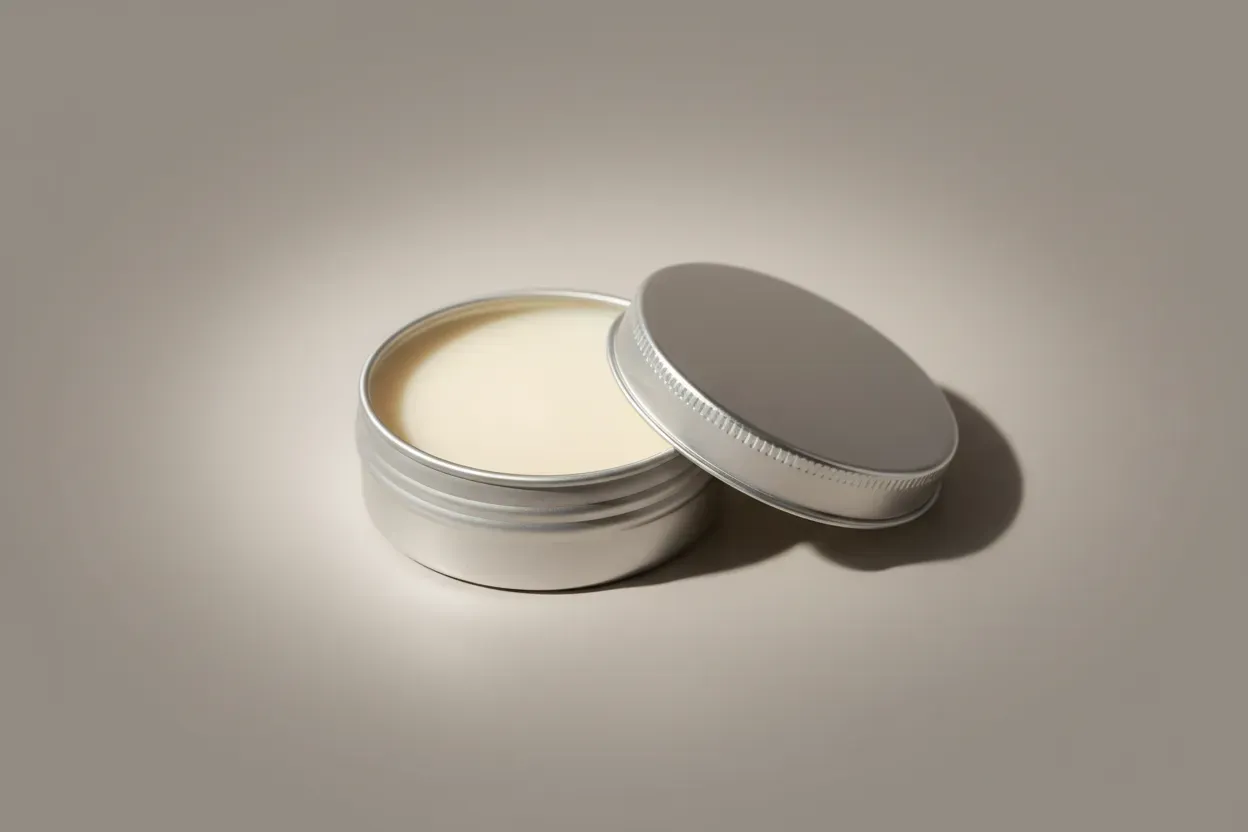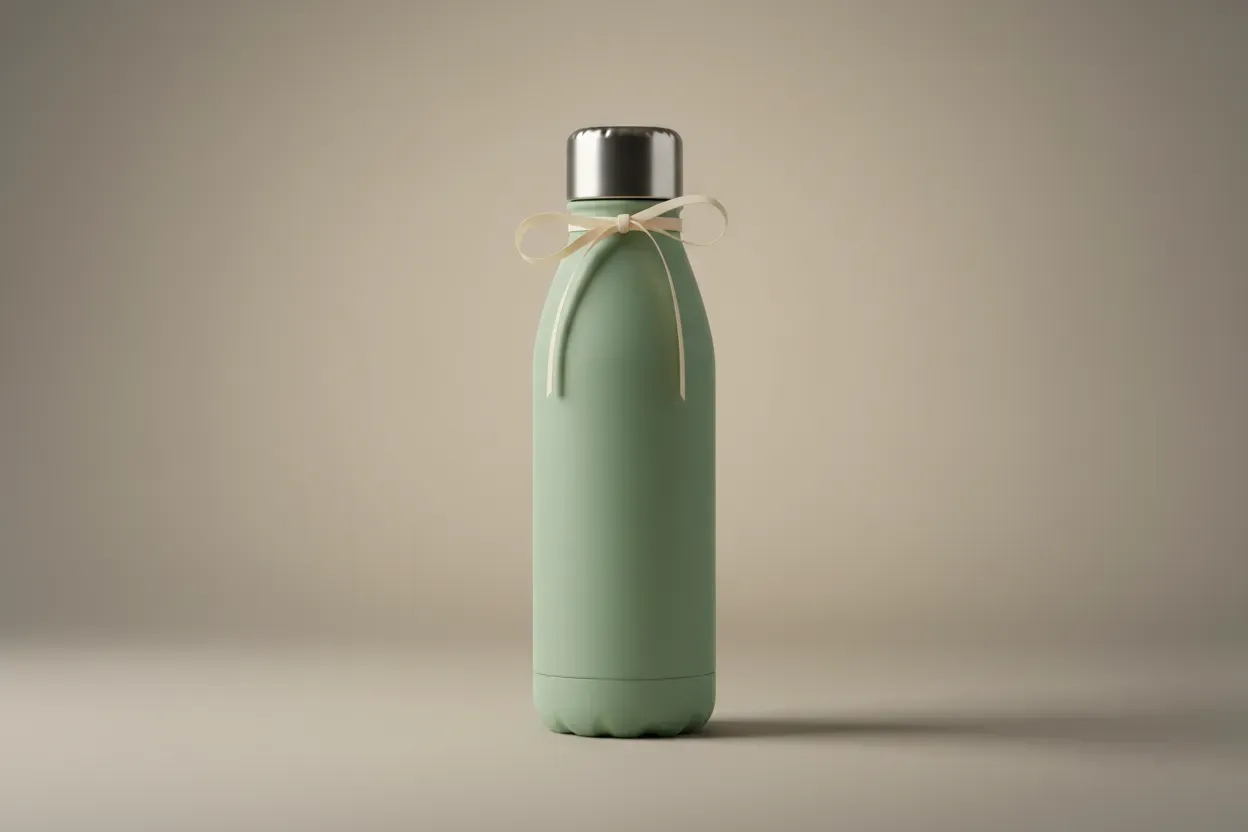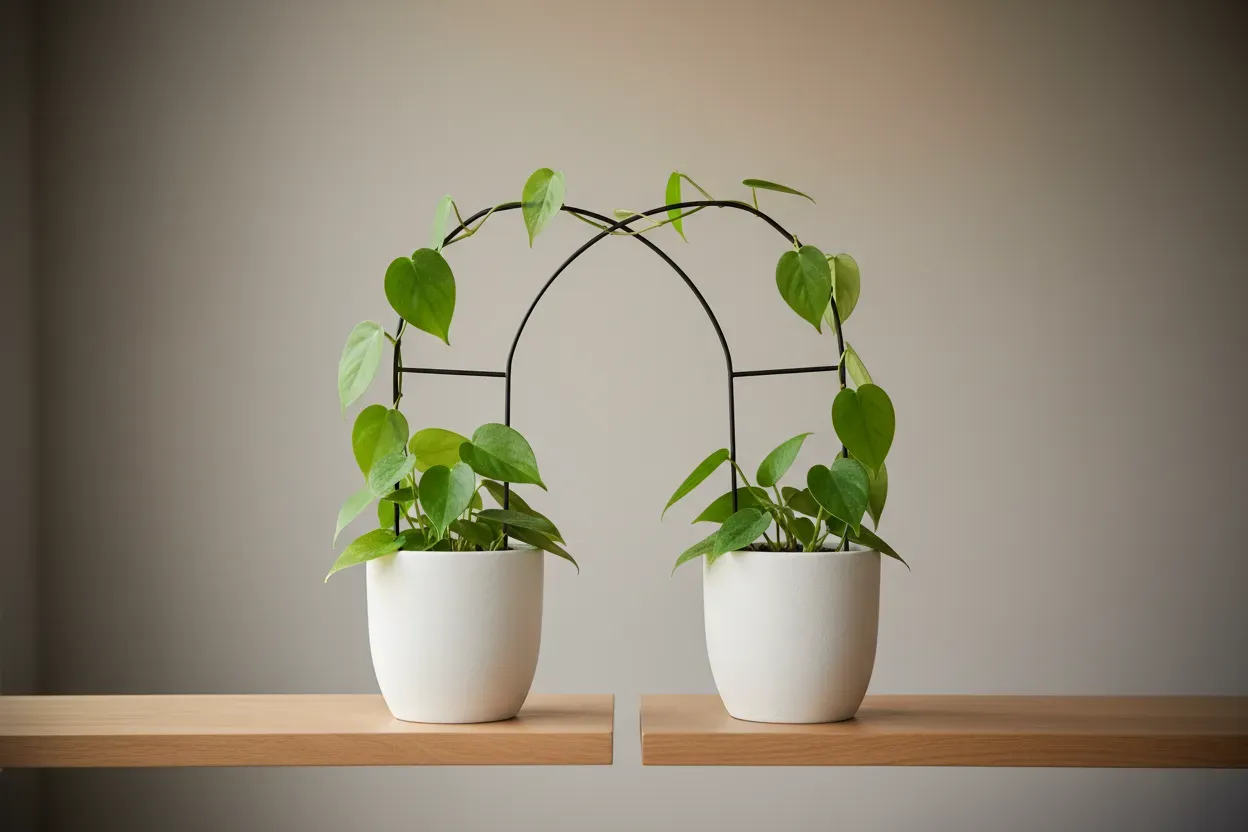Relationship Advice: What I Wish I Knew Then
Relationships can be complex, but understanding their nuances is crucial for personal growth and happiness. This article presents valuable relationship advice, drawing from the wisdom of experts in the field. From preserving individual identity to recognizing true connection, these insights offer practical guidance for building healthier and more fulfilling partnerships.
- Preserve Your Identity in Relationships
- Prioritize Open Communication from the Start
- Learn About Attachment Theory for Better Connections
- Break Free from Unhealthy Relationship Patterns
- Avoid Trying to Fix People
- Recognize Stability as True Connection
Preserve Your Identity in Relationships
If I could give my younger self one piece of advice about relationships, it would be this: don’t lose yourself trying to hold onto someone else. I used to think compromise meant shrinking parts of who I was to fit into someone else’s life. I’d put their needs, opinions, and dreams above my own, thinking that’s what love meant. But over time, I realized love isn’t about becoming smaller; it’s about growing together without dimming your own light.
If I’d known that earlier, I think my relationships would have been a lot healthier. I would have set firmer boundaries, communicated more honestly, and not mistaken emotional intensity for compatibility. Instead of chasing validation or fearing being alone, I could have approached love with more confidence and clarity. That might have saved me from unnecessary heartache and helped me choose partners who valued mutual respect and emotional balance.
Ultimately, I’ve learned that a strong relationship starts with being grounded in who you are. When you show up fully as yourself, the right people will meet you there — and that makes all the difference.
 Sovic Chakrabarti
Sovic Chakrabarti
Director, Icy Tales
Prioritize Open Communication from the Start
One piece of advice I’d give my younger self about relationships is to prioritize open communication from the start. I used to shy away from difficult conversations, thinking they’d strain the relationship, but I’ve learned that being upfront and honest from the beginning fosters trust and clarity. Had I followed this advice earlier, I believe many misunderstandings could have been avoided, and my relationships would have felt more authentic. It would have also saved me a lot of emotional energy that I spent trying to “figure things out” on my own. By setting expectations and being transparent, I’d have been able to build stronger, healthier connections. It’s the foundation for mutual respect and understanding, and I’ve seen firsthand how it strengthens long-term relationships.
 Nikita Sherbina
Nikita Sherbina
Co-Founder & CEO, AIScreen
Learn About Attachment Theory for Better Connections
If I could give my younger self one piece of advice about relationships, it would be to learn about attachment theory. Our earliest bonds, typically with parents, create a powerful emotional blueprint for how we connect with others throughout our lives. This blueprint, whether secure or insecure, unconsciously guides how we seek intimacy, handle conflict, and react to our partners’ needs for closeness or space.
Having this knowledge earlier would have been like possessing a map to my own relational patterns. It would have demystified so much, shifting my perspective from personalizing a partner’s behavior to recognizing underlying dynamics. Instead of asking, “Why are they doing this to me?” I could have asked, “What attachment needs are driving their actions and my reactions?” This understanding fosters empathy over defensiveness and builds a foundation for genuine connection rather than repeated frustration.
This insight would have empowered me to choose partners more consciously and navigate disagreements with more grace and effectiveness. In my psychiatric practice, I see the lifelong impact of these early patterns daily. Helping both adolescents and adults understand their attachment style is often the first step toward breaking cycles of misunderstanding and building the secure, loving relationships they deserve. It turns confusion into clarity and provides a pathway for healing.
 Ishdeep Narang, MD
Ishdeep Narang, MD
Child, Adolescent & Adult Psychiatrist | Founder, ACES Psychiatry
Break Free from Unhealthy Relationship Patterns
If I could sit down with my younger self and offer advice about relationships, the first thing I’d say is this: You don’t have to repeat the patterns you grew up with.
I would like to preface this by saying that I grew up in a happy household, and the points I convey below are not indicative of my parents’ relationship.
As I grew older, I realized that just because a relationship lasts doesn’t mean it’s healthy, and just because people stay together doesn’t mean they’re happy. I don’t doubt my parents were happy. But modeling a similar relationship did not make me happy.
If I could go back, I’d tell myself that love should feel safe, fulfilling, and equal. It’s about respect, mutual support, and genuine connection. Just because two people are committed doesn’t mean they’re thriving, and just because love is present doesn’t mean it’s enough to sustain a relationship.
I’d tell my younger self to set boundaries without guilt. Love isn’t supposed to make you feel small or uncertain. If a relationship requires you to sacrifice your self-worth, it’s not the right one. It’s okay to say no, to walk away, and to demand better. You don’t have to accept less just because you were taught that suffering in silence is normal.
Communication is key, but so is emotional intelligence. I’d remind myself that a partner who listens, values my feelings, and treats me as an equal is worth far more than one who simply says the right things. Words without action are empty, and apologies without change don’t count.
Most importantly, I’d tell myself that I deserve love that nurtures, not drains. The right relationship won’t demand that I shrink myself or suppress my needs. It will allow me to grow, to evolve, and to become the best version of myself — not for anyone else, but for me.
I can define love for myself. And I deserve a relationship that reflects the healthiest, happiest version of who I want to be.
 Richie Gibson
Richie Gibson
Founder – Dating Coach, DATING BY RICHIE
Avoid Trying to Fix People
Stop trying to fix people — your love isn’t a rehabilitation program, and relationships aren’t grant projects where you can transform someone through strategic intervention. I learned this the hard way through both romantic partnerships and nonprofit collaborations where I thought persistence and good intentions could change fundamental incompatibilities. This advice would have saved me years of emotional exhaustion and helped me recognize that healthy relationships require mutual investment, not one-sided rescue missions.
Many domestic violence shelters I’ve worked with taught me that you can’t love someone into wellness; they have to choose their own healing journey. This translates directly to donor relationships — you can’t force philanthropic partnerships that aren’t naturally aligned with your mission. Focus your energy on people who already share your values rather than trying to convert skeptics. That’s how impactful grants fuel mission success.
 Ydette Macaraeg
Ydette Macaraeg
Part-Time Marketing Coordinator, ERI Grants
Recognize Stability as True Connection
If they make you feel small to make themselves feel big, walk away — it’s not love, it’s control.
I’d tell my younger self that real relationships don’t confuse intensity for intimacy. Early on, I mistook emotional highs and lows for passion, not realizing that stability and support are where real connection lives. Had I known this sooner, I would’ve saved years of burnout, distraction, and second-guessing in both life and business.
Learning to protect my peace in relationships ultimately sharpened my leadership clarity and helped me build healthier client and team dynamics.
 David Quintero
David Quintero
CEO and Marketing Expert, NewswireJet




